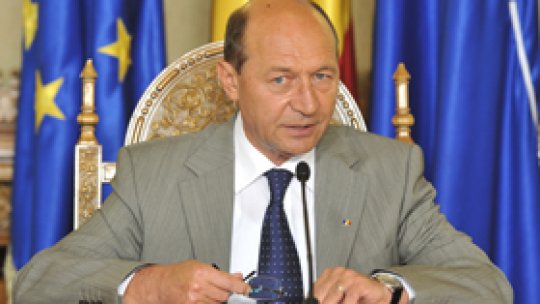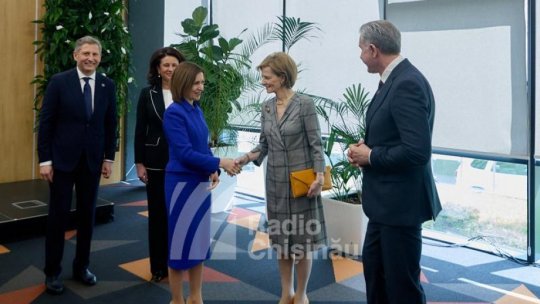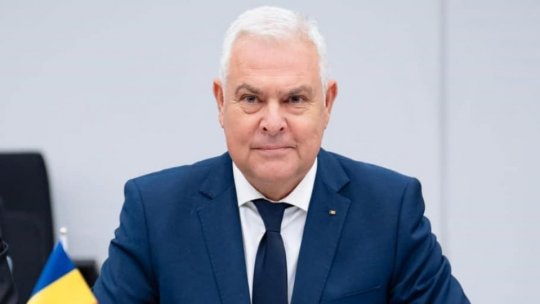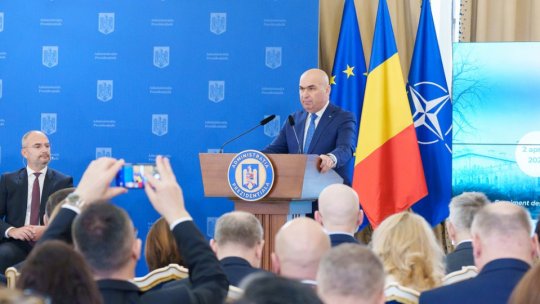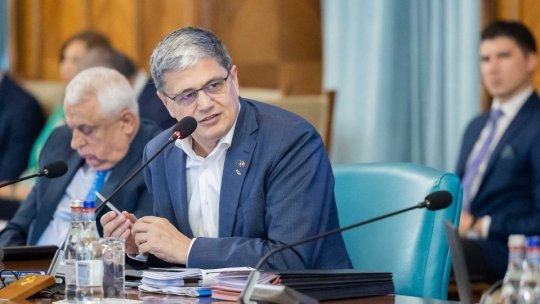Romania "must avoid failing to conclude the IMF agreement"
President Traian Băsescu said in an interview with Radio Romania Actualităţi that the IMF agreement requirements must be fulfilled in time, in order to receive a new tranche of the loan granted by the Fund.

Articol de Ioana Dogaru, 16 Decembrie 2010, 10:14
According to an interview President Traian Băsescu granted to Radio Romania Actualităţi, the Parliament will end its session on Christmas and hasn’t yet fulfilled all the obligations provided in the agreement with the IMF.
‘Meeting the requirements of the IMF agreement was a top priority. These requirements included the pension, the salary and the state budget laws’ the president said.
Traian Băsescu claimed that the opposition’s objective is to lead the country into slippage, because, in his opinion, there are many businesspeople behind the leaders of these parties who would like to rebuild their fortunes affected by the financial meltdown.
‘The opposition’s objective is to lead the country into slippage. There are many business people behind them such as Voiculescu, Vântu. There is an unofficial battle going on to push Romania into crisis’, Traian Băsescu stated.
The risk of a ‘failed program’
He mentioned that if Romania does not fulfil the requirements provided in the IMF agreement in time and does not receive the IMF board’s approval on January 7th, it would be labelled as ‘a failed program’.
‘Romania should have received this tranche in December. This wasn’t possible because of the delays of the pension and salary laws and, implicitly, the budget law. The 1.2 billion euro EU tranche and the 900 billion euro IMF tranche were delayed until January as well.
The IMF board meets on January 7th. If Romania misses the board it will surely be labelled as a failed program, which puts us in another category’, the chief of state said.
Traian Băsescu mentioned that Romania’s incapacity to receive the EU December tranche forced the country ‘to come on the market’ to borrow money for the budget, at 4.8 percent interest, up against the EU’s interest of 3 percent.
Translated by Raluca Mizdrea and Ciocănel Tudor
MA Students, MTTLC, Bucharest University

